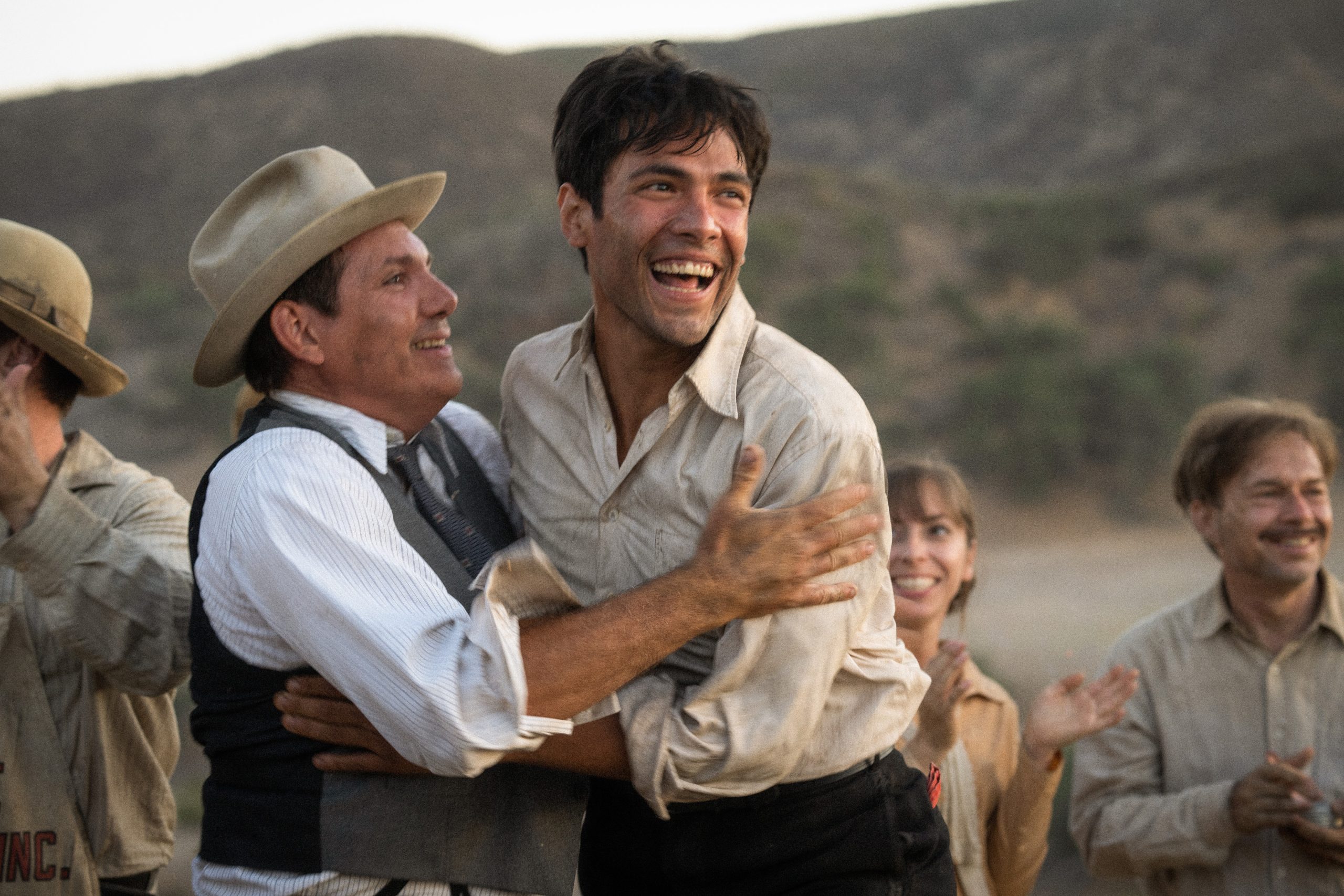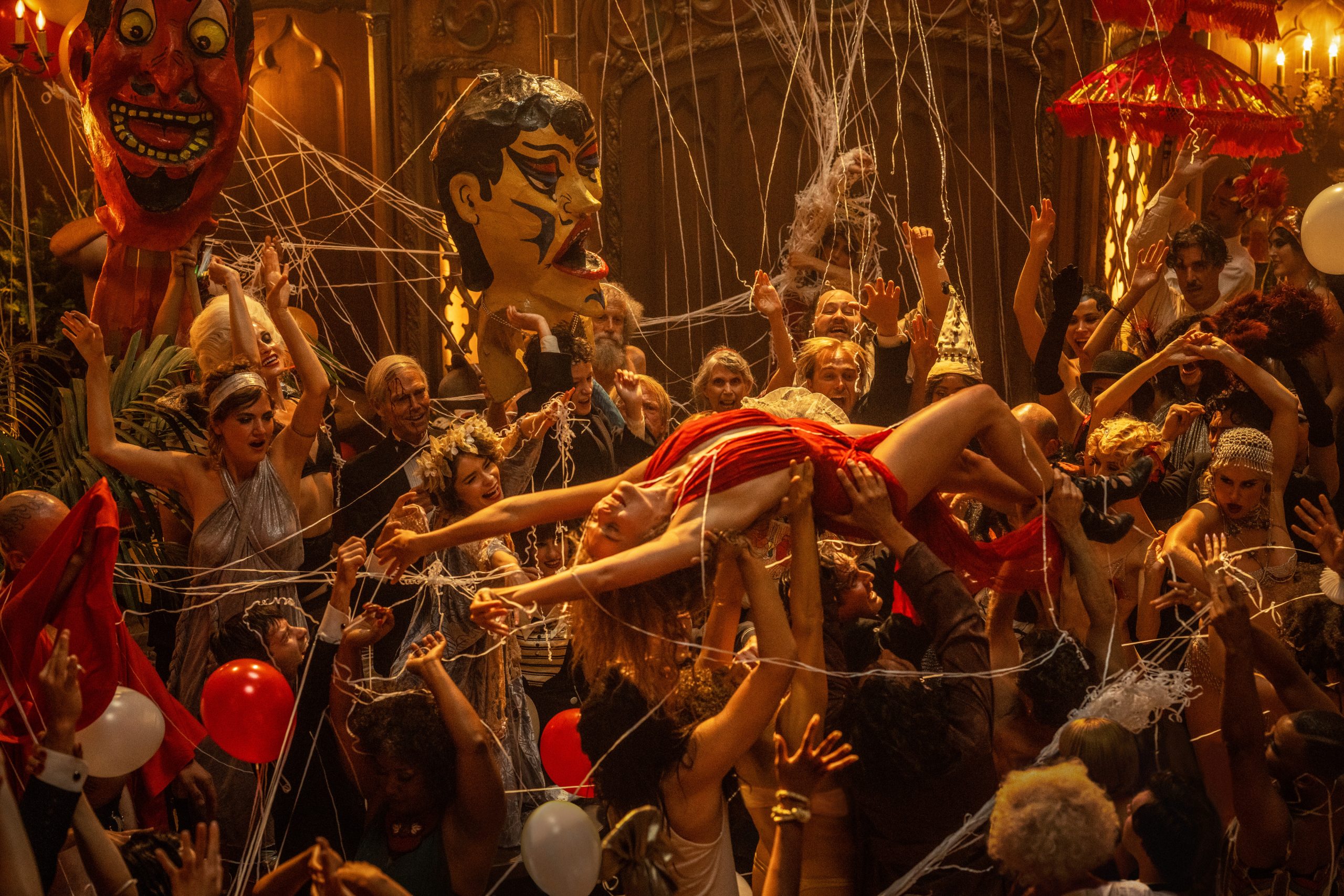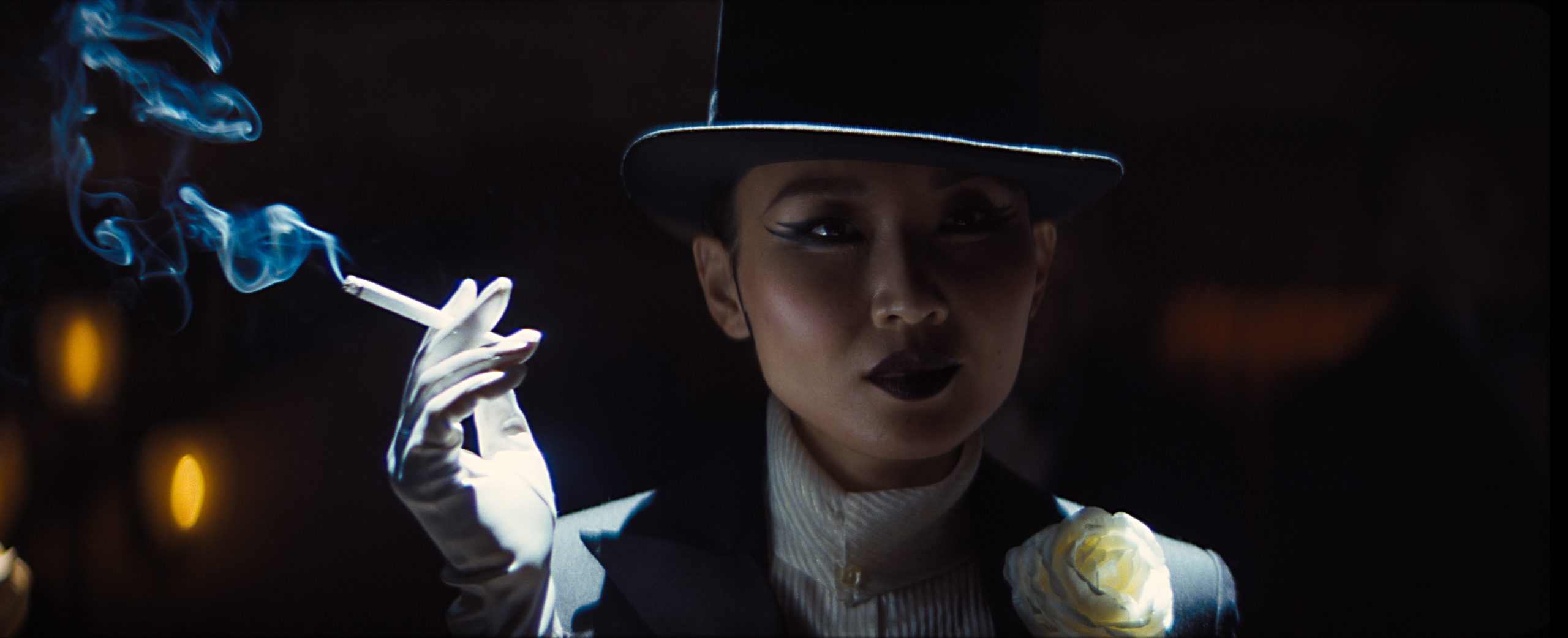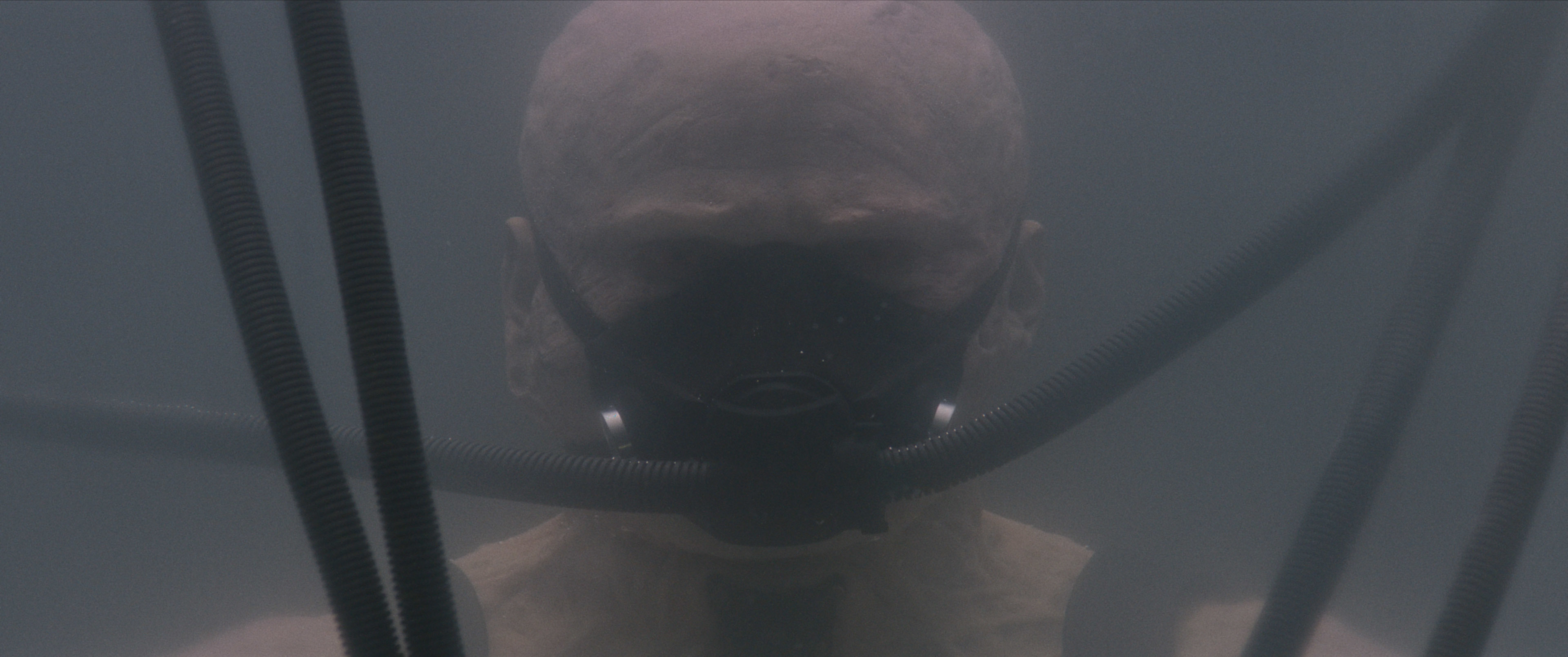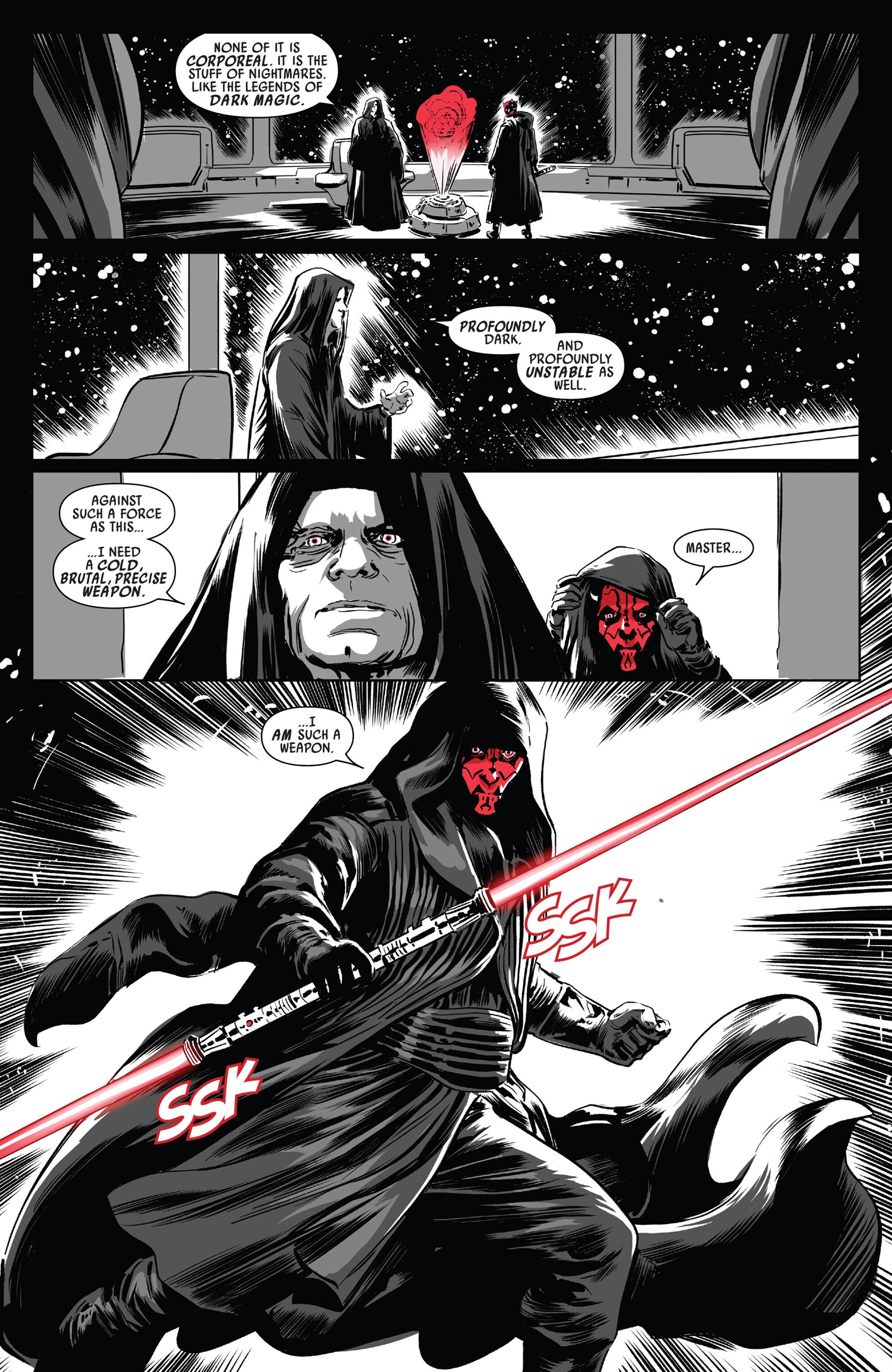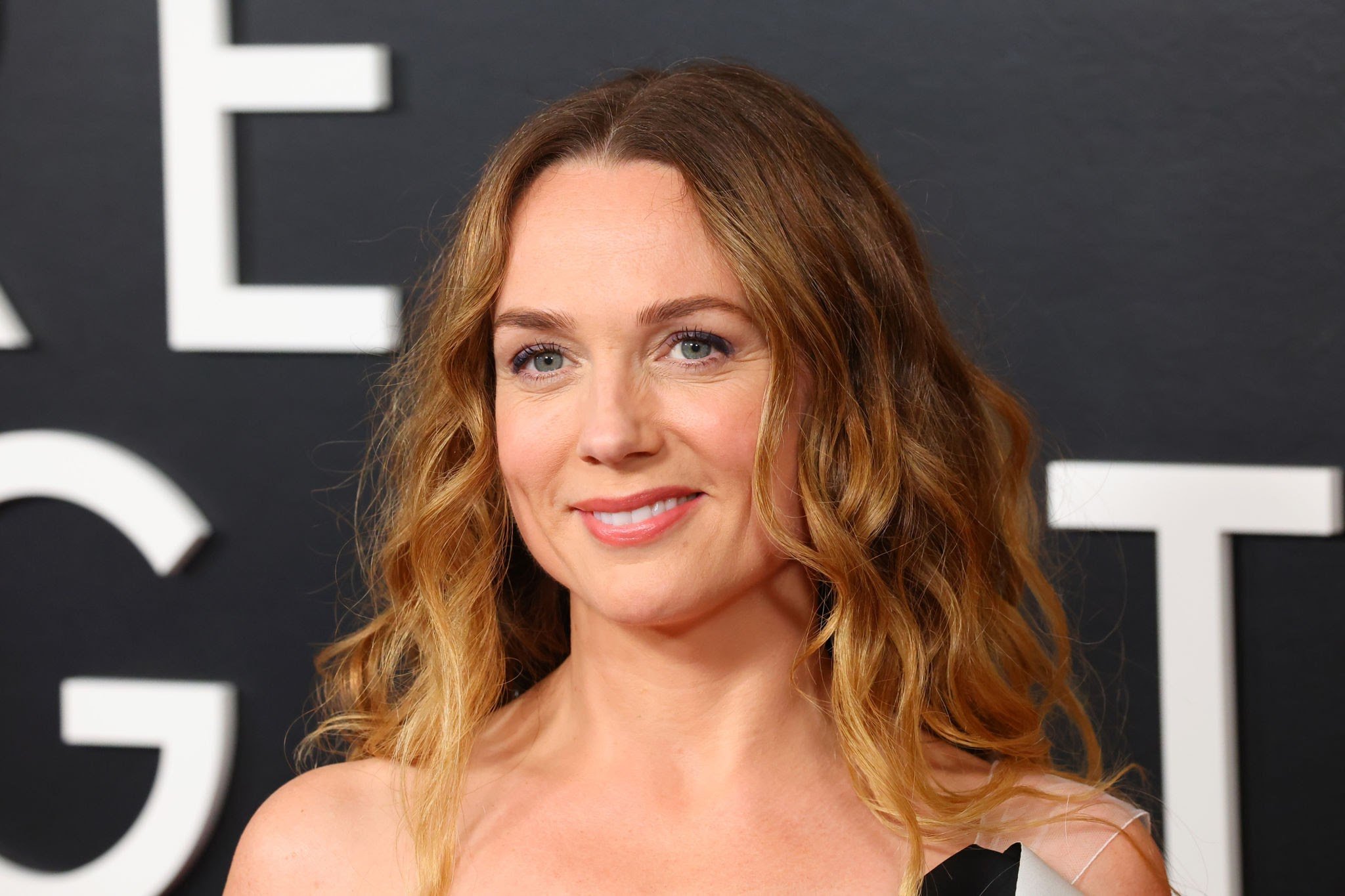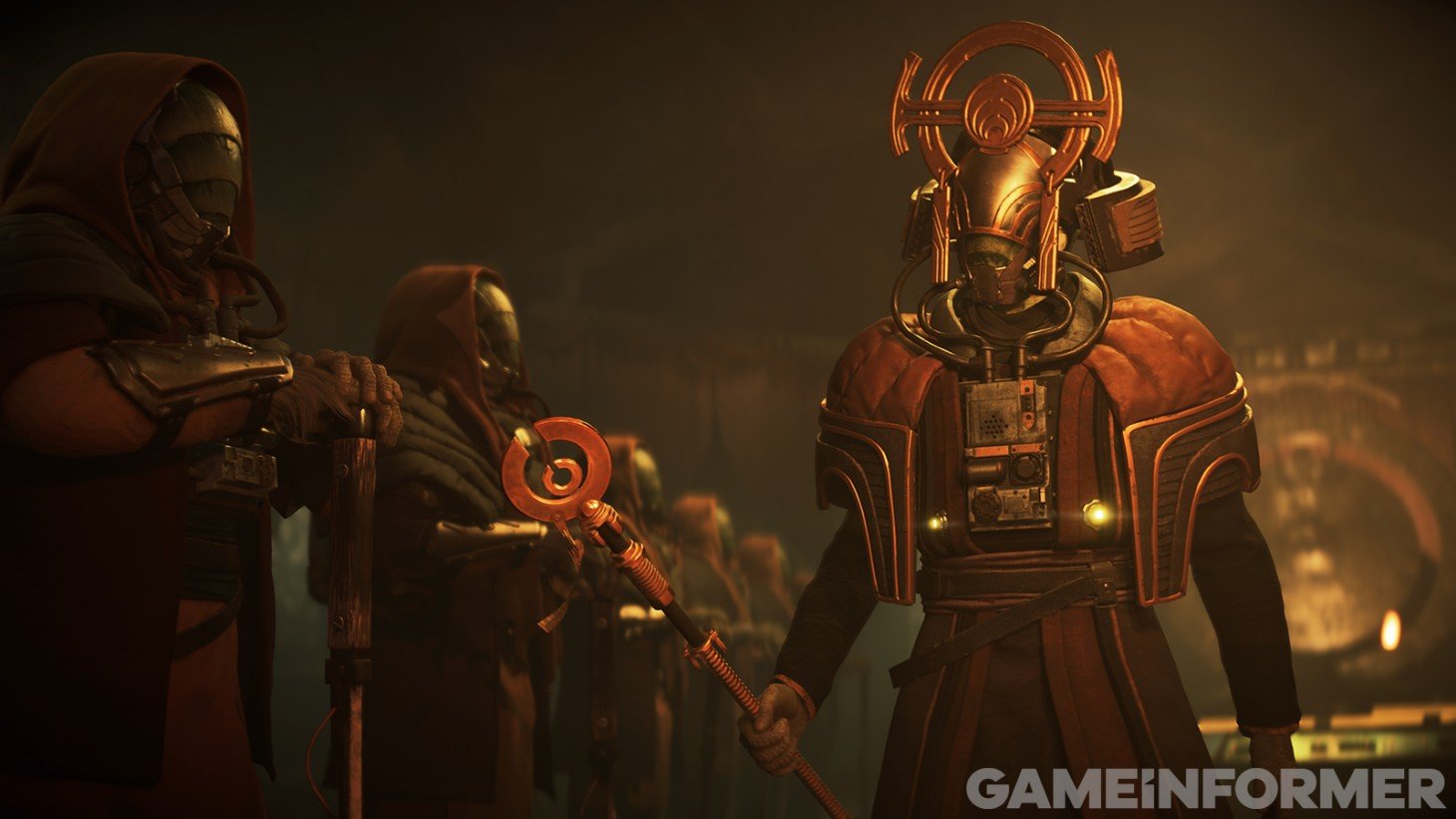Review: ‘Babylon’ Compresses the Past, Present, and Future of Cinema Into a Three-Hour Epic
It is quite hard to think about two films that defined a director so well as La La Land and Babylon do for writer-director Damien Chazelle. In his latest endeavor, Chazelle proves once again that he understands the history and language of cinema more than any other young director working today, and perhaps most importantly, he shows his unapologetic love for the art form.
The film is one of the most ambitious projects attempted in recent memory. Not just in scope, where Chazelle reduces La La Land to the size of a peanut, but in terms of what he’s trying to achieve. He tries to explore the entire history of Hollywood by looking at its earliest days — when the rules were few and the industry was still trying to understand what it was — and to see what lessons we can learn from its first big change, the transition from silent films to talkies. His conclusion is this is an industry that has been undergoing fundamental changes and upgrades from its very inception, and yet, here we are: still going to the movies.
The first hour of the film must be one of the most memorable experiences in recent cinema-going history. A prologue set right before the big party splashed all over the marketing sets the tone right from the beginning, and then, the depravity and absolute insanity begin. We experience it through the eyes of Manny Torres (Diego Calva in a career-making role), an “I’ll do whatever you ask” kind of guy who is trying to make his way into a movie set and see what happens from there. At the party-turned-orgy, which he tries to keep together, he meets his ultimate doom, Nellie LaRoy, played by Margot Robbie, who delivers far and above the best performance of the film… and her entire career too.
She is a star. People may not know it yet, but they soon will. She is here to steal the show, and nobody is getting in her way; the world is not yet ready. Inspired by Clara Bow, Nellie embodies everything you need to know about old Hollywood — a sense of world-eating hunger that is high on drugs and that will not survive any change of mentality because she’s a constant in time and space that is also larger than any frame she’s captured by. But she is also a projection of how Chazelle feels about the history of film — it is a drug that people will love and loathe in equal measure, uncontrollable despite changes in trends and mentalities.
Meanwhile, Manny stands for how Chazelle felt in his first days in Hollywood; someone willing to do whatever it took to be part of the machine, then trying to make a name of his own from there. Chazelle also projects his worst fears about his career onto him, as the character evolves and matures with time, and successfully adapts himself to new mentalities while losing parts of himself in the process. Last but not least, we have Brad Pitt as Jack Conrad, the biggest movie star in the world at the peak of his days — and you know what happens when you’re at the top: you can only go downhill from there. His expiration date coincides with the release date of The Jazz Singer, yet all he wants after that is to go out on his own terms.
Parts of the description given for the film so far might be reminiscent of another classic that also explored the transition to talkies caused by The Jazz Singer — we’re talking, of course, about Gene Kelly’s Singin’ in the Rain. Chazelle is a massive fan of the film as we learned with La La Land (which featured multiple homages to it). He managed to flip the comparisons on their head and make it a fundamental part of the plot and overall theme of Babylon. Eagle-eyed fans of the musical will spot a few references throughout Babylon, but the film’s importance is revealed and explained to audiences later in a way that doesn’t require to have seen the 1952 classic.
La La Land earned Chazelle a Best Director Oscar, and while he’ll probably not be in the conversation this year given the divisive response to the movie so far, he absolutely should. What he does in Babylon in terms of blocking, framing, and overall confidence as a director is bolder and richer than what anyone attempted to do in 2022, with maybe a couple of exceptions. He swings for the fences and reaches the stars effortlessly — the way he shot the opening party scene alone is worthy of a statue. I may still prefer La La Land (a movie that has snuck into my top 10 of all time since its release six years ago), but Babylon proves once again that when Chazelle makes movies about his true passion, he speaks to me in a way that no other filmmaker does.
And despite all of that, Babylon is not perfect. There are maybe 20 minutes from the second act that could be trimmed down, plus the script is uneven in terms of its secondary characters. Li Jun Li plays Lady Fay Zhu, a queer, Asian American aspiring actress who has a wide reach behind the scenes but can’t get herself in front of a camera lens; her only sin was being born 70 years too early. The character, and even more so the actress, is electric in every scene, though sadly there weren’t many of them. Jovan Adepo‘s Sidney Palmer was either underwritten for the amount of screen time he had, or with way too many scenes for the small role he played. It felt as if Chazelle did some rewrites to give him more to do, but failed to make him centric to the plot.
Much like what he did with La La Land, Chazelle included in Babylon an epilogue that essentially brings the whole theme home. Without getting into spoilers, I will simply say that I was moved to tears by what he accomplished in the final moments of the film… in a way that I haven’t felt since I saw Mia and Sebastian looking at each other in the eyes one last time. Truly masterful work.
And once again, Chazelle is able to tell the story he really wants to tell thanks to the surgeon-like cuts from Tom Cross, the stunning cinematography by Linus Sandgren, and above all else, the addictive, dazzling, and absolutely marvelous score by Justin Hurwitz — probably his best work to date and a solid reason to argue that, should he get work in the industry outside of Damien Chazelle films, he could very well belong in the same breath as Michael Giacchino or Alexandre Desplat. He will be nominated for the score and likely win (John Williams’ work on The Fabelmans is his only real competition).
In the end, Babylon is not a film for everyone. Audience and critic scores have proved as much, and the nature of what Chazelle pulled off in the first hour will turn off quite a bit of people. But it is something that really spoke to me, more so than I anticipated (and I expected quite a lot from it). It is currently playing in theaters all over the world, so if you are interested in a three-hour trip high on cocaine and featuring wild animals — plus quite a bit of nudity — through the history of Hollywood, grab your tickets now.
Miguel Fernández is a Spanish student that has movies as his second passion in life. His favorite movie of all time is The Lord of the Rings, but he is also a huge Star Wars fan. However, fantasy movies are not his only cup of tea, as authors like Scorsese, Fincher, Kubrick or Hitchcock have been an obsession for him since he started to understand the language of filmmaking. He is that guy who will watch a black and white movie, just because it is in black and white.


